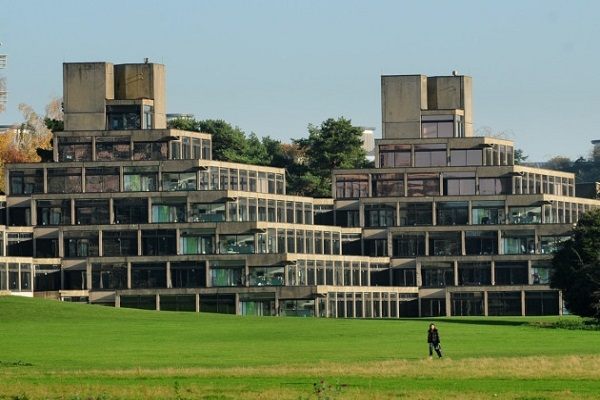March 2023: The scientists who developed a new drug that may be effective against all major types of primary bone cancer in children have called it “the most significant drug discovery in the field in nearly half a century.”
Tests on mice implanted with human bone cancer demonstrated CADD522’s ability to inhibit a gene linked to cancer’s ability to spread.
The findings, which were published in the Journal of Bone Oncology, demonstrated, according to the researchers, that the drug can increase survival rates by 50% without the need for surgery or chemotherapy.
Lead researcher Dr Darrell Green, from the University of East Anglia’s Norwich Medical School, said: “Primary bone cancer is a type of cancer that begins in the bones.
This breakthrough is really important because bone cancer treatment hasn’t changed for more than 45 years.
Dr Darrell Green
“It’s the third most common solid childhood cancer, after brain and kidney, with around 52,000 new cases every year worldwide.
“It can rapidly spread to other parts of the body, and this is the most problematic aspect of this type of cancer.
“Once the cancer has spread, it becomes very difficult to treat with curative intent.”
Currently, chemotherapy and limb amputation are the only treatments for bone cancers, with a 42% chance of survival.
According to the researchers, their “breakthrough drug” increases survival rates by 50 percent and lacks the harsh side effects of chemotherapy, such as hair loss, fatigue, and sickness.
The researchers analysed bone tumour samples from 19 patients at the Royal Orthopaedic Hospital in Birmingham for the purpose of the study.
They discovered that the gene RUNX2 is activated in primary bone cancer and is associated with the disease’s spread.
According to tests, CADD522 prevents the RUNX2 protein from promoting cancer development.
Dr. Green stated, “Metastasis-free survival was increased by 50% in preclinical trials when the new CADD522 drug was administered alone, without chemotherapy or surgery.
“I’m optimistic that combined with other treatments such as surgery, this survival figure would be increased further.
“Importantly, because the RUNX2 gene is not usually required by normal cells, the drug doesn’t cause side-effects like chemotherapy.
Since the treatment of bone cancer has not changed in over 45 years, this discovery is extremely significant.
According to the researchers, the drug is currently undergoing toxicology testing, after which the team will seek approval from the MHRA (Medicines and Healthcare products Regulatory Agency) to begin a clinical trial on humans.
Scientists from the University of Sheffield, Newcastle University, the Royal Orthopaedic Hospital of Birmingham, and the Norfolk and Norwich Hospital also participated in the research, which was supported by Sir William Coxen Trust and Big C.
Dr. Green stated that his best friend’s death from childhood bone cancer inspired him to study the disease.
“I wanted to understand the underlying biology of cancer spread so that we can intervene at the clinical level and develop new treatments so that patients will not go through what my friend Ben did,” he explained.


